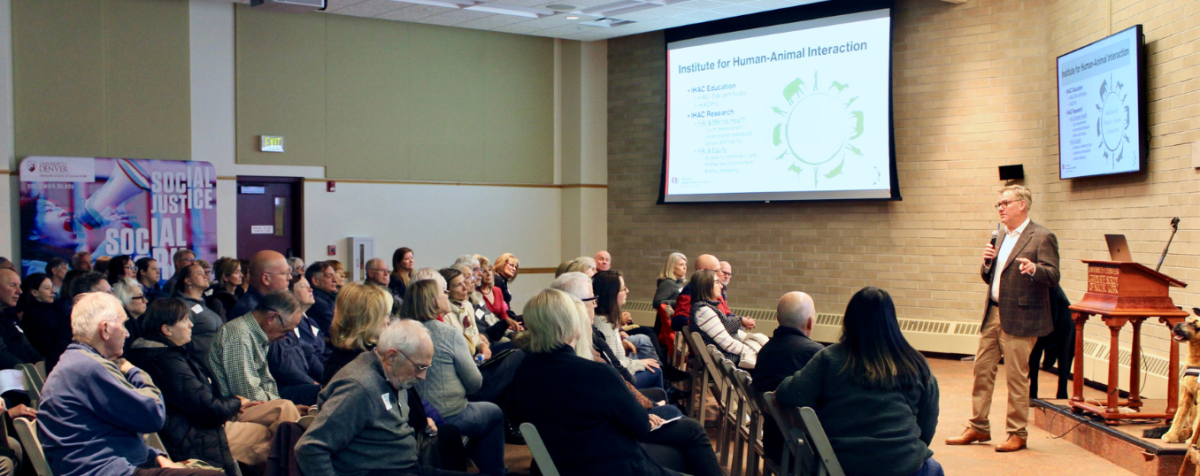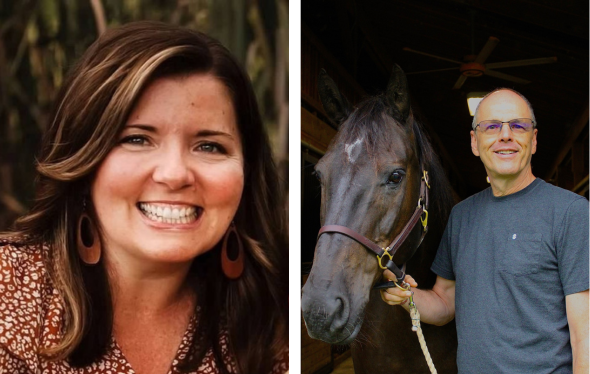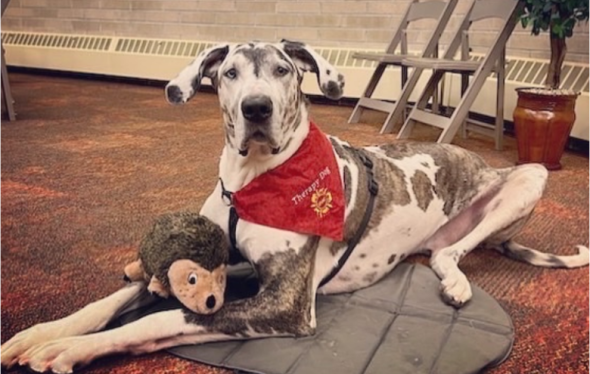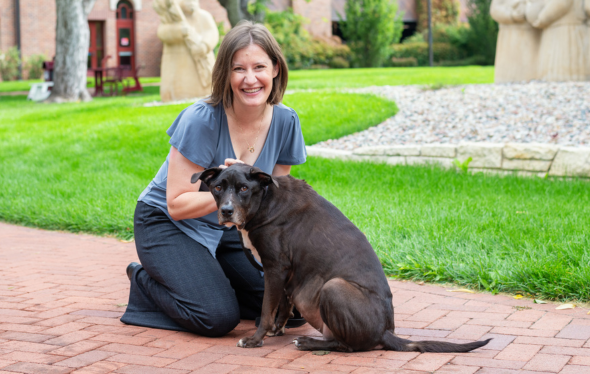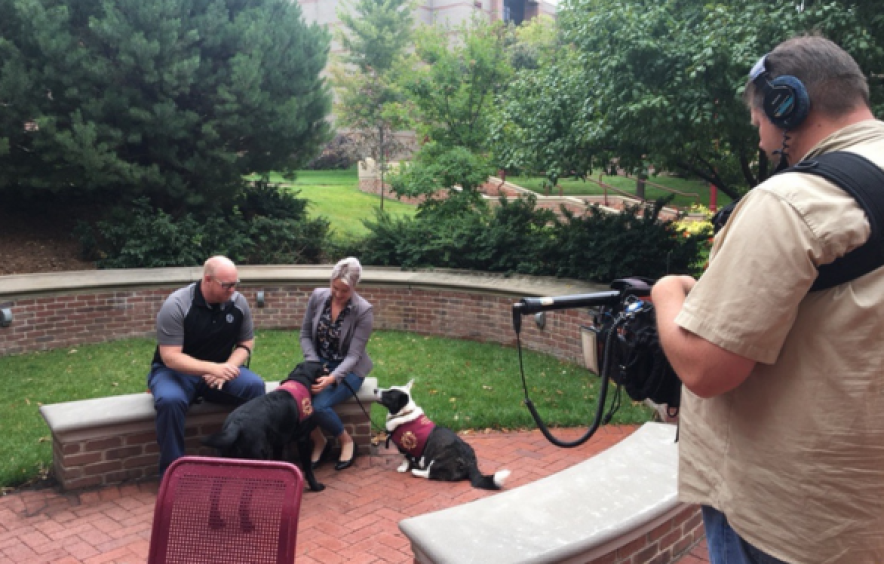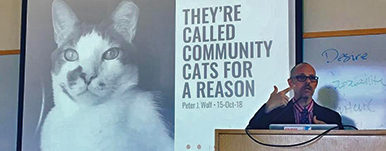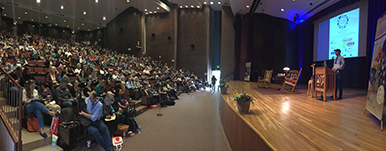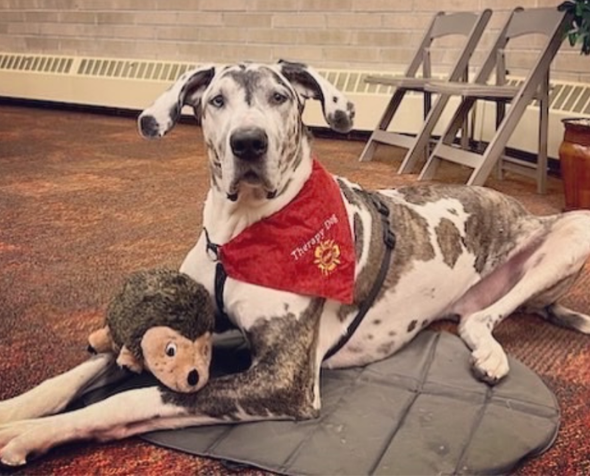
While 2025 was a challenging year for academic research focused on health for individuals and communities, IHAC has continued to be a leading education and research organization focused on how human-animal-environment interactions affect individual and community health. Our social work values have provided a guiding framework that drives the institute’s resilience. We’re presenting a few highlights from this year as we look toward to 2026 in which we’ll be celebrating IHAC’s 20th anniversary. We invite you to follow us on Facebook, Instagram, and LinkedIn so you can keep track of the many opportunities to connect with our team and some special events we’ll be holding as part of our anniversary celebration. I also invite you to support us through a tax-deductible donation to our education scholarships or research program. All of us at IHAC wish you a great 2026!
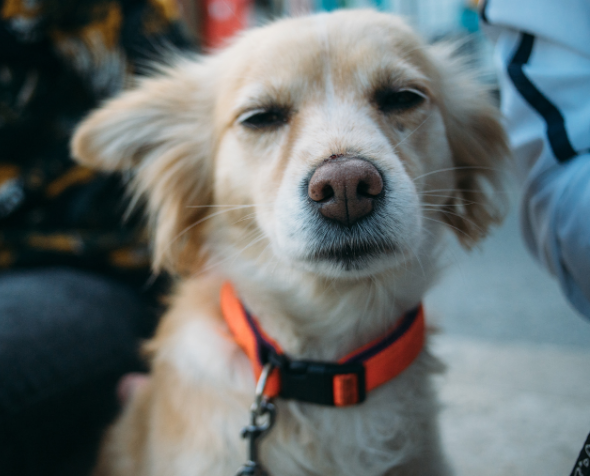
The Institute for Human Animal Connection is working in collaboration with PetSmart Charities, five community-centered consultants, and 30 animal welfare organizations serving historically excluded communities across the U.S that have little or no access to veterinary care. This multi-year project, called The PetSmart Charities Access to Care Incubator, is dedicated to identifying and addressing the barriers to veterinary care through community relationship-building, information gathering, and the development of a focused plan toward co-creating solutions and veterinary programming with community members. Hear from IHAC intern Alden Baker and Tyler Robertson of SPCA Serving Erie County on what being a part of this research project has been like.
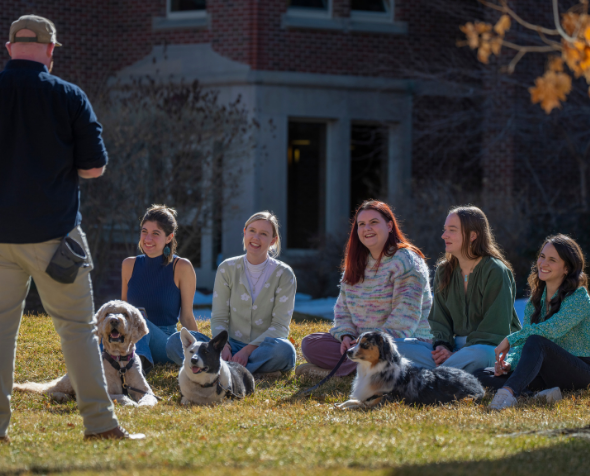
IHAC is proud to announce that we have a received a $10,000 grant from The Human-Animal Alliance! This grant allows us to provide scholarships for students who would otherwise be unable to participate in our IHACPro programs due to cost.
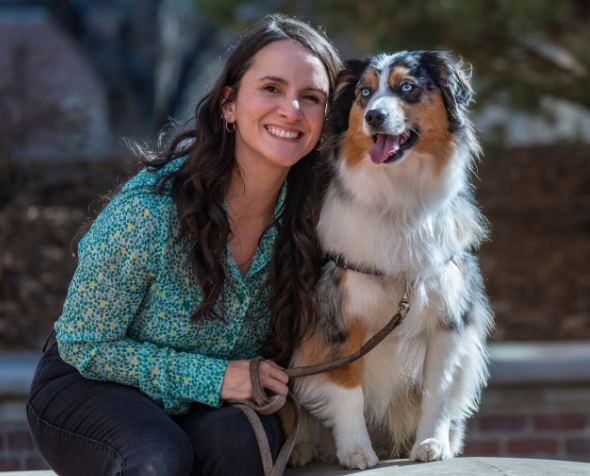
The Institute for Human-Animal Connection’s study on social stressors found evidence to support the hypothesis that the presence of a pet dog can assist in a healthy stress response. This study was the first of its kind to test levels on multiple physiological systems, allowing us to come to the presumption that dogs may be able to support a balanced, intermediate stress response. Instead of just reducing the stress response, a dog can actually help to maintain regular stress levels.
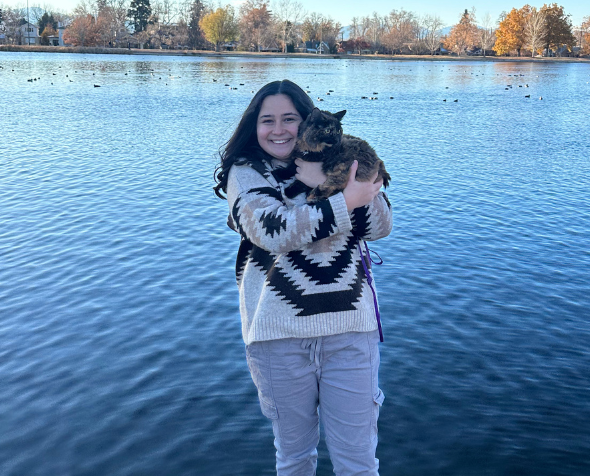
A continuing education certificate program like IHAC’s Animals and Human Health certificate can be a useful steppingstone before committing to a graduate degree program. Sarah Szuchman completed the AHH certificate in early 2025 prior to starting her Master of Social Work degree at the University of Denver’s Graduate School of Social Work. Sarah has had a lifelong passion for animals and the AHH certificate helped Sarah to see what could be possible with human-animal interactions in a professional setting.
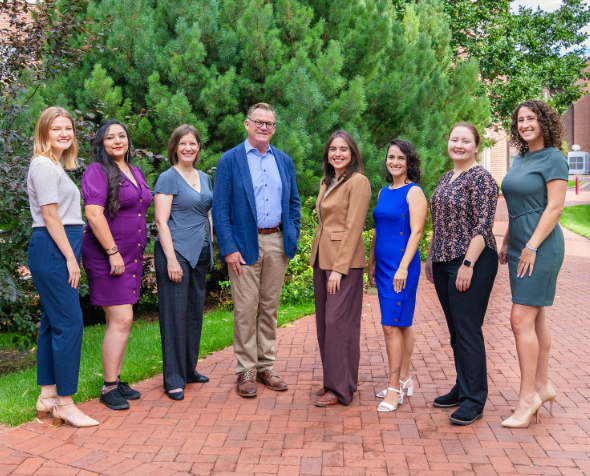
2024 was another big year at IHAC. We continue to be a leading education and research organization focused on how human-animal-environment interactions affect individual and community health from our social work framework. We’re presenting a few highlights from this year as we look toward 2025. We invite you to follow us on Facebook, Instagram, and LinkedIn so you can keep track of the many opportunities to connect with our team. I also invite you to support us through a tax-deductible donation to our education scholarships or research program. All of us at IHAC wish you a great 2025!
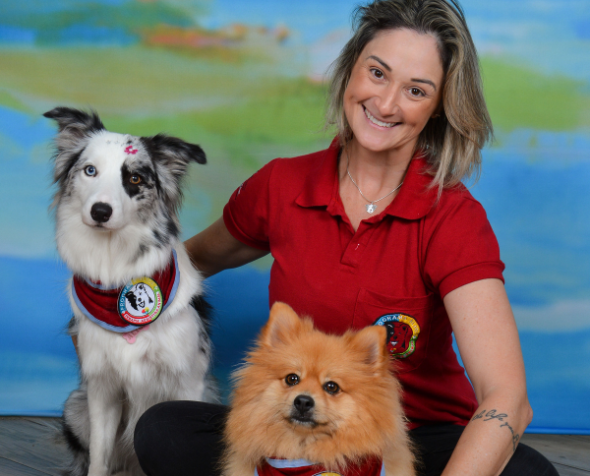
Emi Parente graduated from the Institute for Human-Animal Connection’s Canine-Assisted Intervention Specialist (CAIS) certificate program in early 2024. Emi is the founder and current CEO of Programa Alice Terapia Assistida Educacional in Brazil, where she often utilizes her knowledge gained from CAIS. Her organization focuses on expanding education and the understanding of health and wellness as it relates to the human-animal bond.
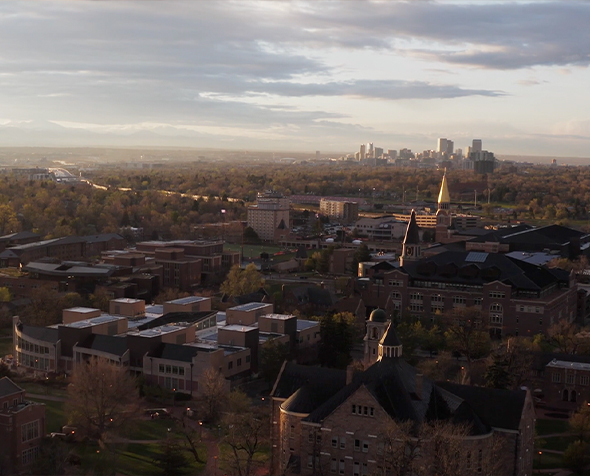
In recognition of their national and international reputations and impact, GSSW’s Butler Institute for Families and Institute for Human–Animal Connection have been designated as DU Research Institutes.
